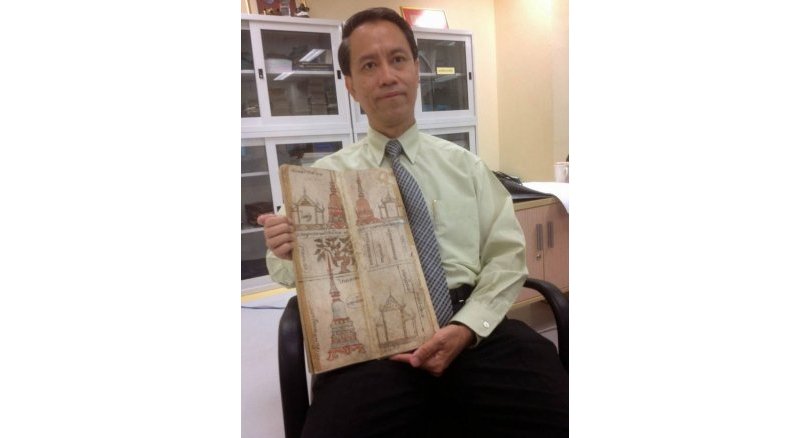Corruption court gets off to productive start
A NEW court that specifically deals with corruption cases has been in operation for just six months but has already delivered almost 180 verdicts – many against high-profile defendants such as senior former civil servants.
The Criminal Court for Corruption and Misconduct Cases came into existence on October 1, 2016, thanks to a strong push by the post-coup government and Privy Council president Prem Tinsulanonda. The court is expected to help ease the worsening corruption problem facing Thailand.
Former governor of the Tourism Authority of Thailand, Juthamas Siriwan, was one of those found guilty by the court when she was convicted in March of malfeasance and accepting bribes from an American couple seeking a deal to organise the Bangkok Film Festival.
She was sentenced to 66 years in jail on 11 counts of wrongdoing, but the term was reduced to 50 years in accordance with a cap on prison sentences under Thai law.
Between the October 1 launch and March 31 this year, the court has issued verdicts on 179 cases, with 314 more cases waiting to be heard. The cases were brought to court by public prosecutors, the National Anti-Corruption Commission, as well as members of the public who accused state officials of irregularities. This last group of plaintiffs was also sizeable.
The special court has jurisdiction over Bangkok and its four satellite provinces. There are also nine regional branches of the court, seven of them having been operational since April 1 and the last two due to open on October 1.
Nikon Thatsaro, the court’s deputy chief justice, said it relies mainly on the inquisitorial system – in which the court is actively involved in investigating the facts of the case. This, he said, helps the court to expedite trials that normally last no more than a year.
With the inquisitorial system, the court’s judges are empowered to summon evidence from individuals and state agencies relevant to the cases, in addition to that mentioned in lawsuits submitted by the NACC or public prosecutors, or even provided by the defence.
Most other Thai courts adopt the accusatorial system, where the court primarily acts as an impartial referee between the prosecution and defence.
The senior judge said that whichever system is used to try defendants, the ultimate goal is to ensure justice for all.
“We try to make sure that the trials leave no questions unanswered. Before punishing any person, the judges need to have no questions left in their minds,” he said.
Nikon said in many cases the court sentenced convicted corrupt officials by the number of wrongdoing counts – 66 years for the former TAT governor and up to 200 years in a case against senior officials from the Labour Ministry’s Department of Skill Development – although in fact they would serve no more than 50 years due to the legal limit.
He said the harsh punishments, as well as the court’s frequent rejection of bail on grounds that the convicts might abscond due to the long jail terms, were expected to deter corruption in the future.
However, there were also cases in which defendants were given lighter punishments as their wrongdoings involved ordinary misconduct rather than severe acts of malfeasance such as accepting bribes. Also, many defendants were acquitted due to insufficient evidence, he added.
“Corrupt people will be punished while honest people will be protected,” the judge said.




